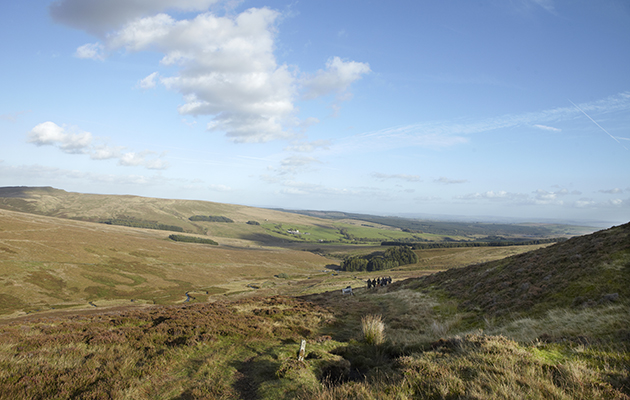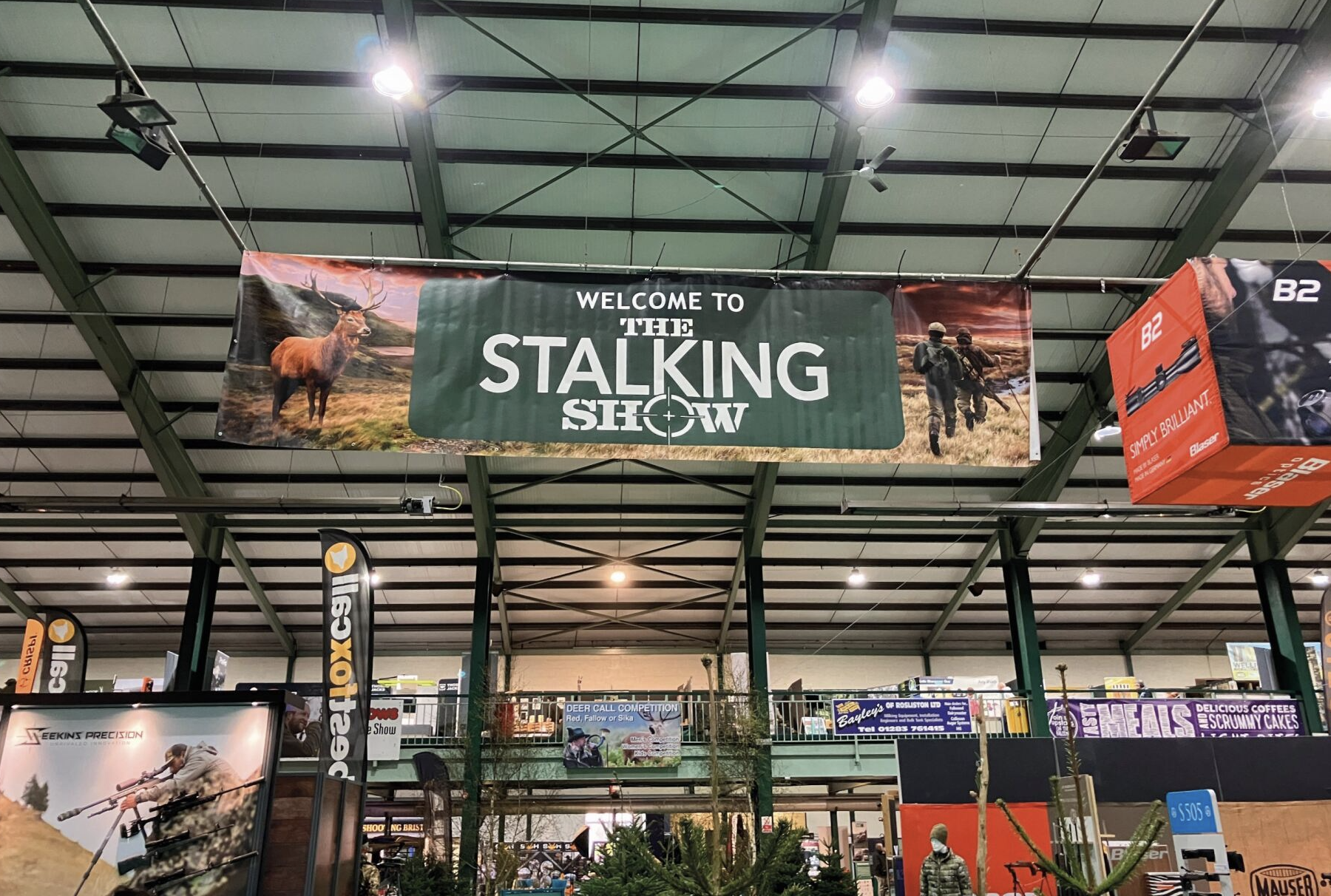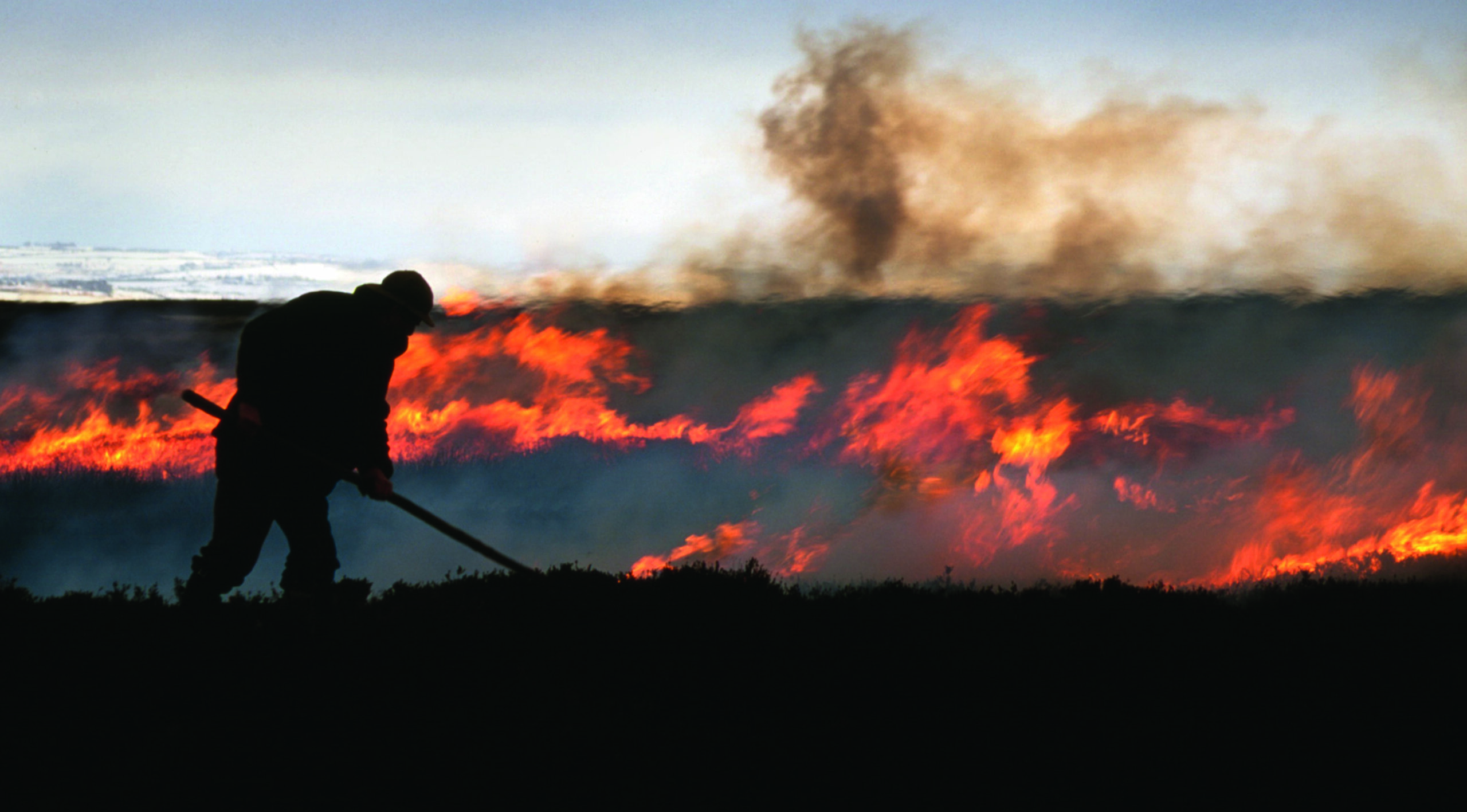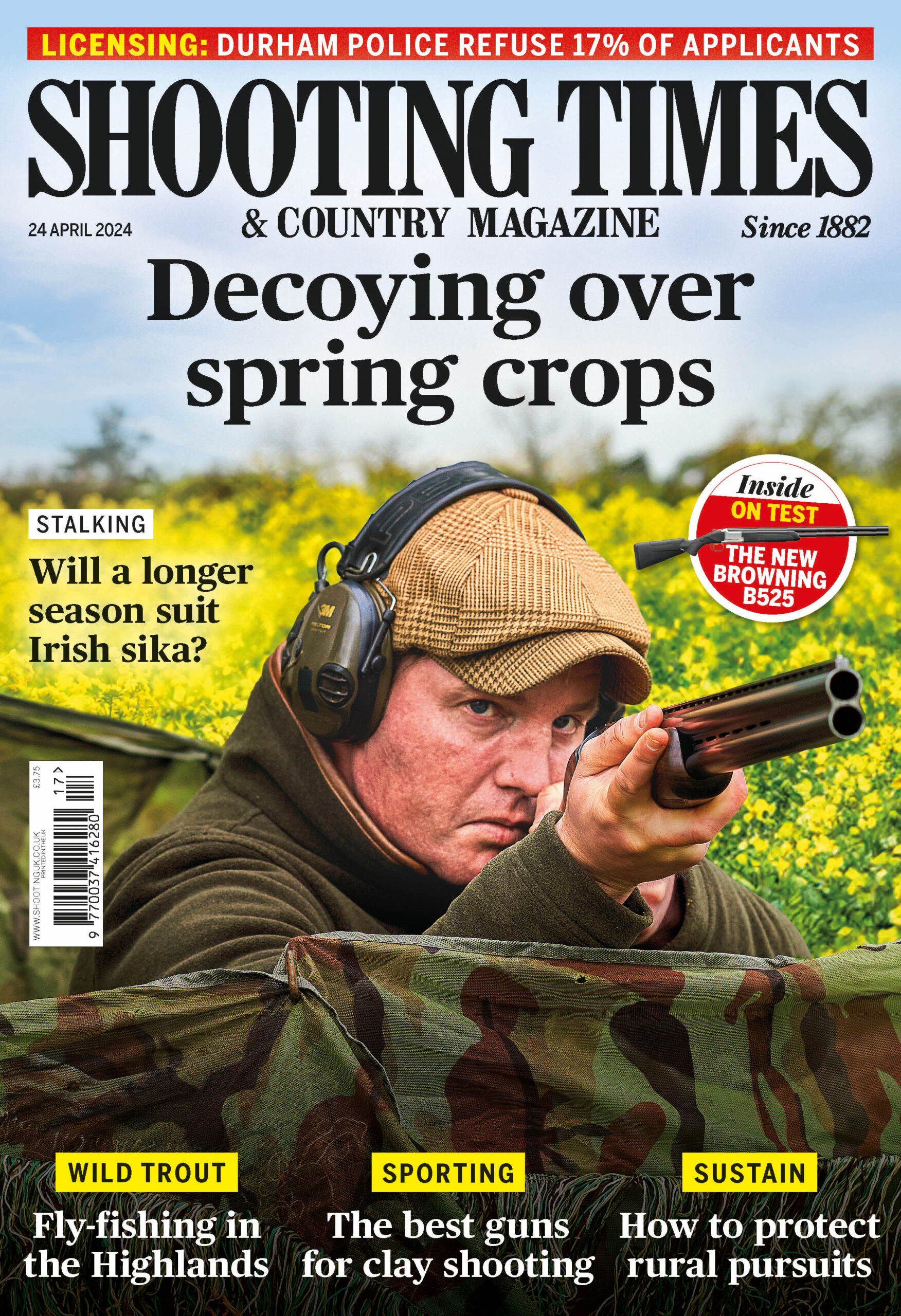RSPB calls for grouse moor licensing
The wildlife charity says that licensing grouse moors is the only way to save hen harriers after backing out of DEFRA’s action plan.

The RSPB has called for grouse moor licensing after withdrawing its support for the Government’s Hen Harrier Joint Action Plan, claiming that the project has failed due to the continued illegal killing of the endangered birds.
The Hen Harrier Joint Action Plan makes several recommendations to help restore the population of England’s endangered hen harriers, including diversionary feeding and a look at the feasibility of brood management trials. It is led by Natural England and was developed by DEFRA in conjunction with the RSPB, the Game & Wildlife Conservation Trust, the Moorland Association, National Gamekeepers’ Organisation and the National Parks.
Call for grouse moor licensing
RSPB conservation director Martin Harper claims several incidents from this year, including the setting of illegal pole traps near a hen harrier nest in North Yorkshire, and the termination of the grouse shooting leases on Peak District estates after a man was filmed using a decoy bird, are evidence that the commitments made in the plan are not being delivered.
With just three recorded nesting attempts made by hen harriers in England this year, Mr Harper laid the blame on gamekeepers: “We remain convinced that the primary reason for the hen harrier‘s continuing scarcity remains illegal killing. Simply put, hen harriers, and other birds of prey, are illegally killed on some estates because they eat grouse.”
Mr Harper suggested that shooting organisations are “either unable or unwilling” to halt illegal killing and revealed that the RSPB now believes that the licensing of grouse moors is the only way forward to save hen harriers: “We have come to this conclusion because we believe that reform to protect the hen harrier will only come through licensing of driven grouse shooting where, for example, crimes committed on estates managed for shooting should result in the withdrawal of their right to operate.
DEFRA and other stakeholder organisations say that the plan remains the best way to safeguard the endangered birds in England and have pledged to continue to work together without the RSPB.
Amanda Anderson, director of the Moorland Association, commented: “We are disappointed by RSPB’s decision to pull out of DEFRA’s Hen Harrier Action Plan. We remain committed to seeing more harrier breeding on more grouse moors and will continue to work with partners.”
She further dismissed Mr Harper’s examples of raptor persecution: “The incidents to what the RSPB refer did not directly involve birds of prey and certainly not hen harriers. The keeper rightly lost his job following an illegal pole trap incident because traps are already licensed and regulated by wildlife and animal welfare law. Using decoying is a legal method of corvid control.”
The protection of hen harriers can only come through organisations working together
BASC chairman Peter Glenser said: “The protection of hen harriers can only come through organisations working together. It is easy to blame grouse moors and gamekeepers, rather than considering other impact factors, such as disturbance and climate. Nothing is achieved by targeting one particular group and attempting to place all the blame on their shoulders.
“Any estate which is deficient in its management and allows wildlife crime can have its single farm payment substantially cut and this is the best incentive to ensure good practice. There are already effective procedures in place to deal with estates which breach regulations, there is no need for more licensing.”
“The views of a small vocal minority on social media”
Countryside Alliance head of shooting campaigns, Liam Stokes, said: “This retreat from the task of saving the hen harrier appears to have been driven by a disproportionate concern for the views of a small vocal minority on social media. Aligning with these anti-shooting elements will strain the RSPB’s relationship with the working countryside and damage its ability to influence beyond the boundaries of its own nature reserves, at a time when there is a need for more, not less, collaboration in tackling raptor persecution.
“We therefore hope that the RSPB turns from this uncertain path. When bird populations are in decline across the country, it can ill-afford to spend time, effort and money battling with shooting estates that are in fact sanctuaries for many endangered bird species.”








